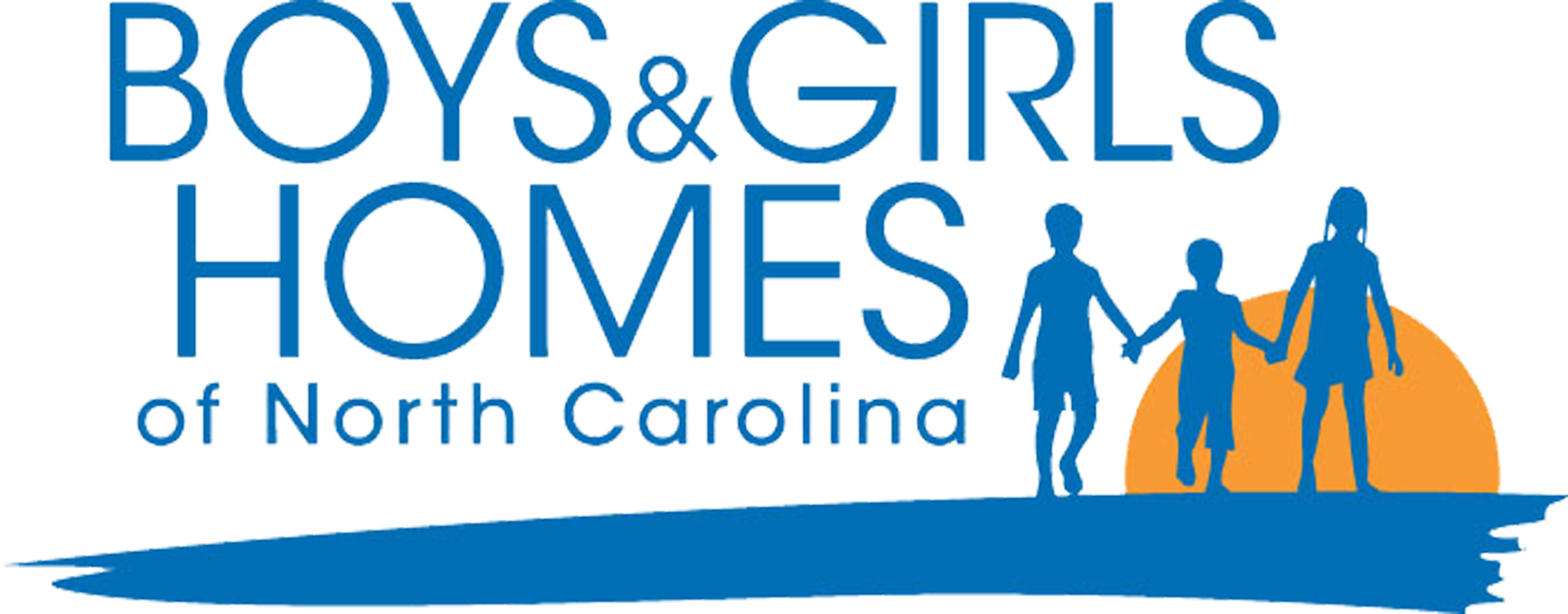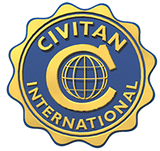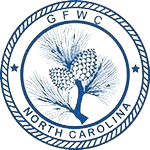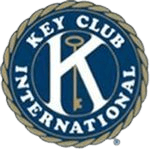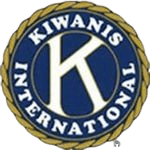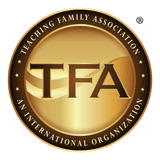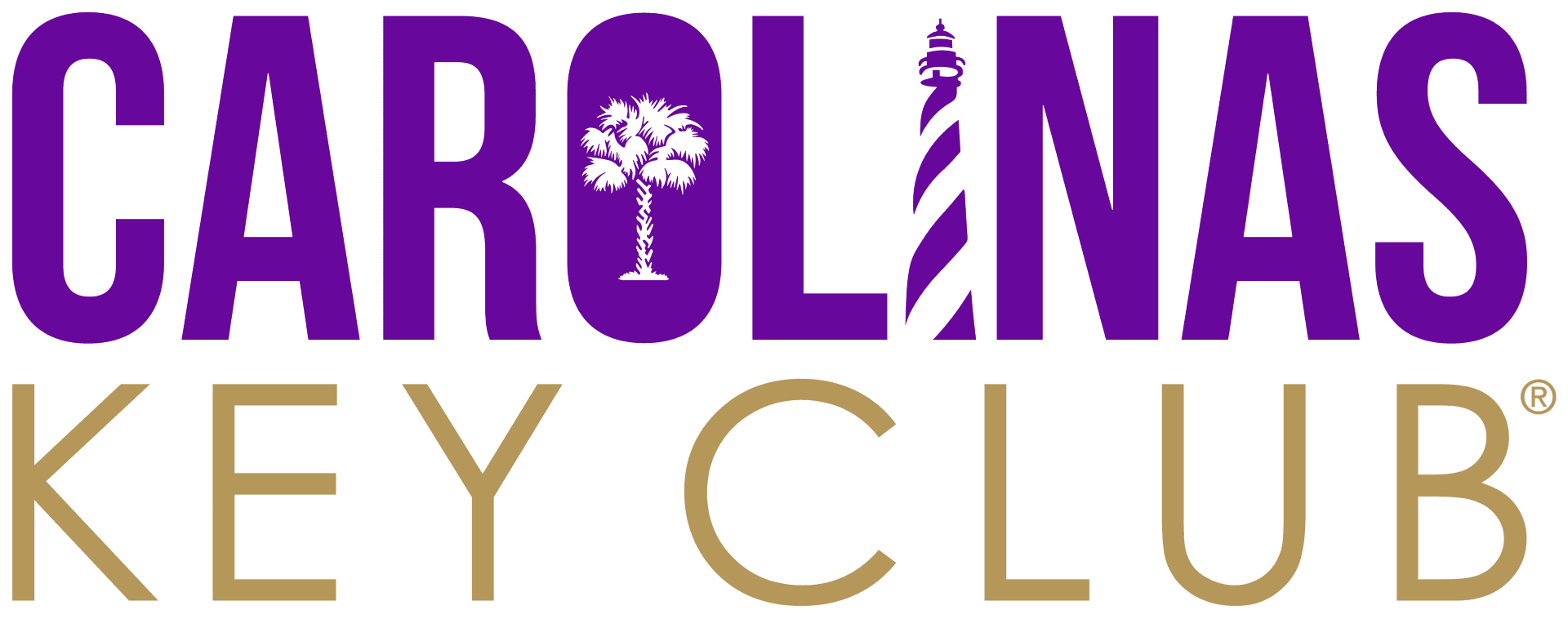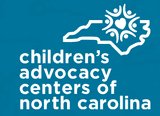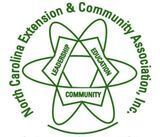
When you walk into the Civitan Cottage on the Lake Waccamaw campus of Boys and Girls Homes of North Carolina there is a welcoming feeling. The walls are painted a welcoming shade of blue and the furniture is soft and inviting. As you walk down the hallway toward the bedrooms, there are a variety of sensory activities for children including an interactive path and hopscotch playing field.
“We want every aspect of this cottage to feel inviting for the children in the Bright Hope program,” said Program Director Danielle Monroe. “We want them to be kids.”
The newly created program, funded through a Governor’s Crime Commission Grant, is for children between the ages of 6 and 10 years old whose parents are in the residential substance abuse recovery programs provided by Christian Recovery Centers, Inc.
“Bright Hope is a first of its kind program in North Carolina,” said BGHNC President/CEO Ricky Creech. “We are building on the Boys and Girls Homes tradition of creating a leading, front line response to a community need. This program allows us to help address the current addiction crisis in our society.
“Collaborating with Christian Recovery Centers, Inc., to address this problem is part of our ongoing commitment to finding the best responses to community needs,” said Creech. “The program will help take the worry off mom and dad so they can focus on their recovery knowing their child is being cared for.”
Having child care is a big hurdle for adults with substance use disorder according to Christian Recovery Centers CEO Josh Torbich.
“What keeps parents from getting into recovery is not having someone to take care of their kids,” Torbich said. “If they know that they have an option to go into a residential program that takes care of their children they may be more willing to go into the voluntary placement. It will keep the children out of the DSS system.”
The program allows parents to maintain custody of the kids, keeping the families out of the court system and the children out of Department of Social Services custody. Parents are able to stay involved in their child’s life and will be able to do phone calls and even visits as appropriate based on their stage of recovery.
“The kids can do normal family things, while their parents away in treatment,” Monroe said. “This creates a safe space, so we can work with the kids while the parents are getting what they need. That way we’re working on the entire family unit.”
The program also allows for siblings to stay together.
“Often when there is a need for care outside of the family dynamics, siblings are separated,” Monroe said. “So this allows us to be able to keep both so we can keep those sibling groups together.”
Children receive individualized care and attention during their stay to ensure all their basic needs are met. They will be enrolled in a local elementary school during their time on the campus. They will also engage in activities that provide the nurturing and support they need to continue to learn and grow while their parents are in treatment. Among the activity options are gardening, equine therapy, art, trips and a variety of counseling options, including family therapy.
“The family therapy aspect is a very important component of the program,” said Chief Program Officer Donna Yalch. “When a parent gets healthy, they start parenting in a different way. So what we want to do is make sure that when the parents start parenting in a different way, a healthy way, the children are prepared for that. That the family can come back together and be healthy together.”
For Yalch, the work of this program is critically important for the community as a whole.
“It’s not just about what’s happening today, it’s about how it affects these kids when they become adults,” said Yalch. “We can maybe just stop the cycle, then we might be able to not be having this conversation 10 years down the road.”
About Bright Hope
Bright Hope is a partnership between Christian Recovery Centers and Boys and Girls Homes to provide a pilot program of family substance treatment. The residential family-based treatment center is open to all residents of North Carolina. It will provide therapy, family support, and advocacy service for children whose parents received Substance Used Disorder (SUD) Treatment. During the 16 to 24 week program, the Civitan Cottage on the BGHNC Lake Waccamaw campus will provide a home and family therapy for children whose parents are in recovery at Christian Recovery Centers. The program is provided at no charge to the families.
Bright Hope is supported by grant project number PROJ013954, awarded by the Office for Victims of Crime, Office of Justice Programs, U.S. Department of Justice. The opinions, findings, and conclusions or recommendations expressed in this program are those of the contributors and do not necessarily represent the official position or policies of the U.S. Department of Justice.
About Boys and Girls Homes of North Carolina
Boys and Girls Homes of North Carolina, Inc., has been helping children since 1954. Since then, more than 7,500 children have benefitted from the services of the not-for-profit, 501(c)3 agency. Its mission is to provide a comprehensive array of services for children and youth who have been removed from their homes due to abuse, neglect or other family dysfunction. BGHNC offers adoption, family and therapeutic foster care, free children’s therapy, as well as residential care on the campus at Lake Waccamaw. The campus features a SACS-accredited school with a middle and high school curriculum, vocational education, recreation facilities, farm, chapel and cottage life. As many as 320 children are cared for through the residential, community-based services, and school program provided by BGHNC at any given time. BGHNC operates its program, services and activities in compliance with federal nondiscrimination laws. BGHNC is nationally accredited by the Council on Accreditation.
